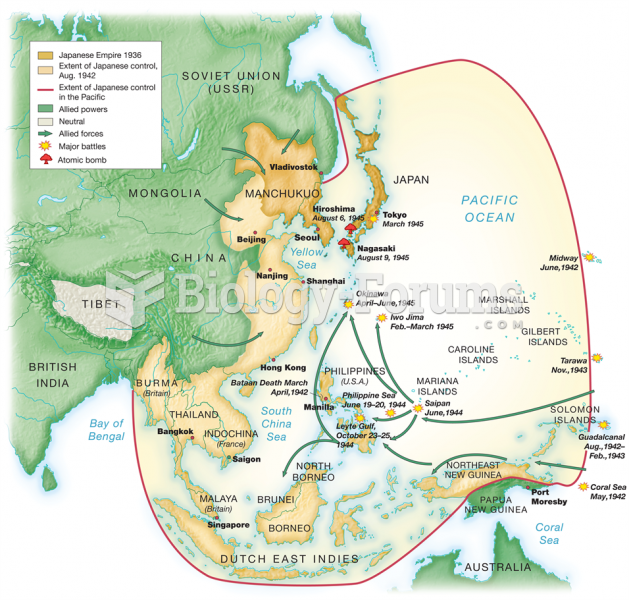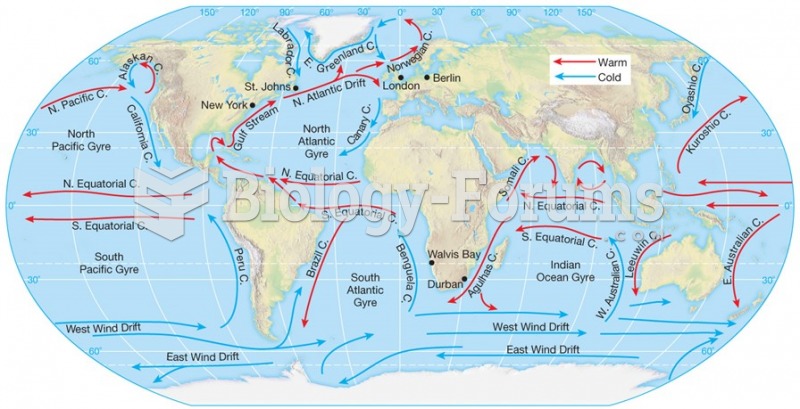Answer 1
Answer: The Democratic candidate, William J. Bryan, tried to use imperialism as an issue in the election but discovered that a strong patriotic fervor favored American colonial acquisitions, which McKinley, the Republican candidate, defended. Congress passed laws creating a different status for the new territories from that applied to continental territories of the United States, giving the former a status between colonies and statehood. The Supreme Court upheld this principle.
Answer 2
Answer: President McKinley expressed the basic reasons given by those who supported annexation: it was not in the best interest of the United States or the Philippines to let some other country control them or to leave them to themselves. It was the duty of the United States to Christianize and civilize them. Opponents of annexation argued that it would violate American principles of democracy and self-government. They also claimed that the money spent in the Philippines could be better spent on social problems in the United States.
Answer 3
Answer: The sympathy of the American people for the suffering of the Cubans under Spanish oppression was the main factor that created a climate of opinion in favor of war with Spain. Incidents such as the letter from the Spanish ambassador to the United States criticizing President McKinley, as well as the sinking of the battleship Maine, encouraged anti-Spanish sentiments among ordinary Americans. The popular press inflamed these passions with vivid accounts of Spanish brutality in Cuba.
Answer 4
Answer: By the 1870s and 1880s, many Americans became more interested in promoting an enlarged role for the United States in world affairs. Influential individuals such as Alfred Thayer Mahan, Theodore Roosevelt, and Henry Cabot Lodge believed that the pursuit of national glory was a legitimate goal of American foreign policy. A naval strategist, Mahan advocated the development of a powerful navy as the primary means of achieving world influence for the United States. Roosevelt, Lodge, and others endorsed his philosophy.
Answer 5
Answer: As American industrial capacity increased during the late nineteenth century, American businessmen began to seek markets outside the United States. They encouraged the American government to extend American influence into Latin America and the Far East. American missionaries spread American religious and cultural values also. For the first time in its history, public opinion, especially as expressed in the popular press, became a factor in American foreign policy, often supporting an aggressive position on the part of the United States.
Answer 6
Answer: Secretary of State William Seward believed the United States was destined to dominate the Pacific and purchased Alaska to promote this end. American settlement in Hawaii in the 1870s eventually led to U.S. control of the islands by 1898. Pursuing the Chinese market, in the 1870s the United States established a naval base in the Samoan Islands.







